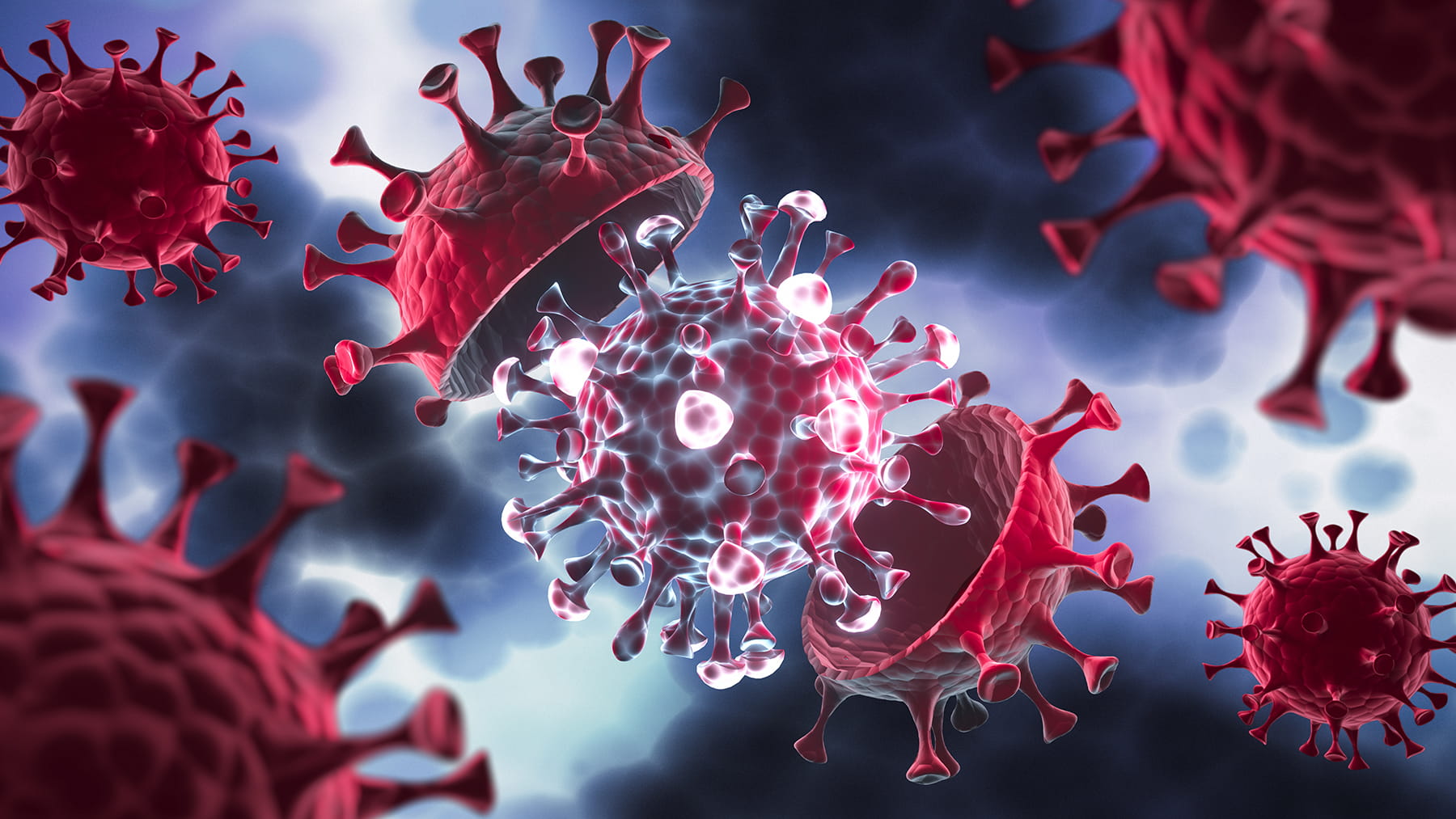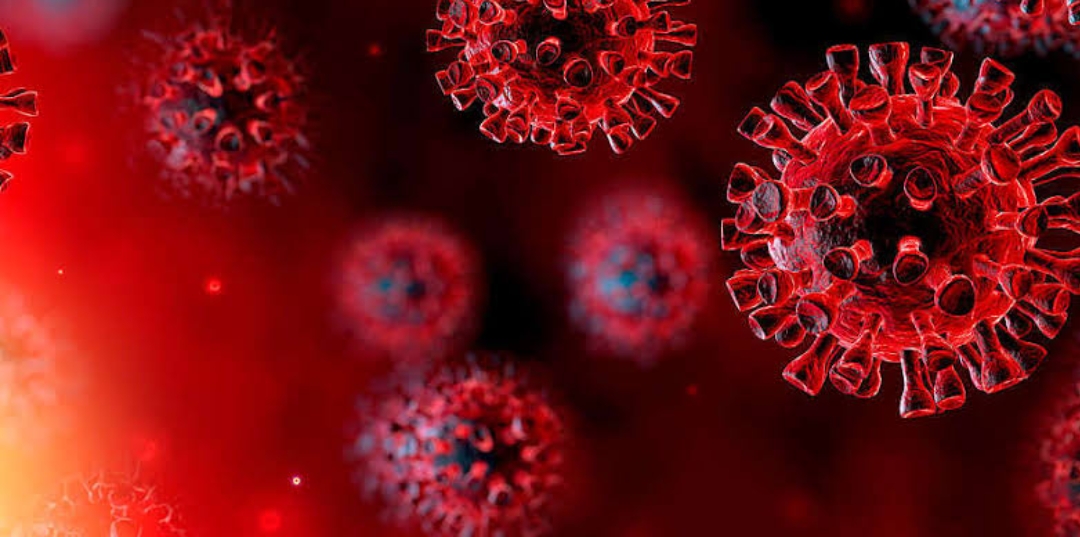
Why wearing masks was important in this pandemic
Face masks have become the unmistakable symbol of a pandemic that has sickened 35 million people and killed over a million. The use of medical-grade masks in hospitals and other health-care facilities significantly reduces SARS-CoV-2 virus transmission. The data is messy, disparate, and often hastily assembled for the various masks in use by the general public. Add to that a divisive political discourse that includes The Anti-Mask Movement, and you have a recipe for disaster. There is plenty of evidence that proves that wearing masks is not only important during pandemics for protection from viruses like SARS-CoV-2, but it is necessary to wear a mask daily when going out. This is because the masks are important as they prevent transmission of bacteria and inhaling poisonous air, it is good for the respiratory system, protects against sun and air pollution, and controls diseases from spreading.
Wearing masks is said to provide protection against viruses and bacteria. Many local overnight “experts” have emerged during the COVID-19 pandemic, some speaking out of turn and others speaking when they shouldn’t. The issue with the latter is that they promote dangerous and unbridled viewpoints that will not only confuse the public but also increase the risk of public health by inciting errors of omission or commission, as well as jeopardize adherence to official public health advice. According to Masks4All, an activist group of researchers who advocates the use of homemade masks during the pandemic, about ten countries had policies suggesting face coverings as of mid-March; now more than 130 nations and 20 US states do. Face coverings may be seen as a necessity to help people adapt and mitigate risks as businesses and schools reopen if the pandemic continues for a long time.
Which masks to use?
Both the Centers for Disease Control and Prevention (CDC) and the World Health Organization (WHO) now recommend cloth masks for the general public, despite previous recommendations from both agencies. The public may be confused about the value of masks as a result of these changing rules. However, health professionals believe that masks can help prevent the spread of COVID-19 and that the more people who wear masks, the better. Rising disease prevalence and a better understanding that both pre-symptomatic and asymptomatic transmission are possible – even common – may have finally persuaded the CDC to change its advice in favor of masks. According to studies, viral load peaks in the days leading up to the onset of symptoms, and that simply speaking is enough to eject virus-carrying droplets. Although studies have compared different mask materials, the most important consideration for the general public may be comforted. The best mask is one that you can wear repeatedly and comfortably. Only in medical circumstances, such as intubation, are N95 respirators required. Surgical masks are more protective than cloth masks, and some people prefer them because they are lighter and more comfortable to wear. In the end, any mask that covers the nose and mouth will be beneficial.


















